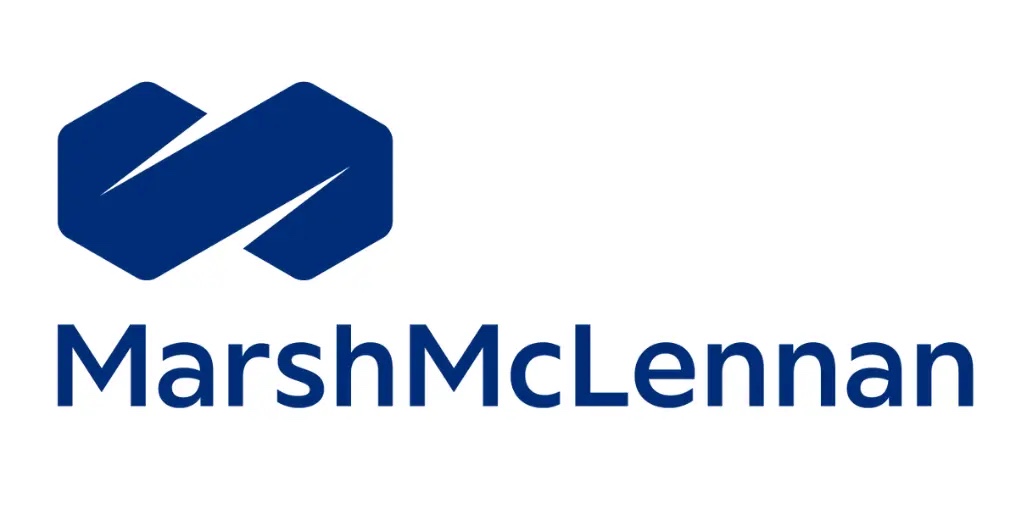Trust and credibility critical for insurance innovation – Rising Professionals Global Forum

Trust is critical to avoid “organ rejection” of disruptive technology. This was the view of a panel of leaders in the field of insurance innovation at the Marsh McLennan Rising Professionals’ Global Forum.
 In his opening remarks, Rafal Modrzewski, CEO, Co-Founder, ICEYE, said innovative technologies can play a key role in helping strengthen the trust which underpins the insurance industry’s promise to pay.
In his opening remarks, Rafal Modrzewski, CEO, Co-Founder, ICEYE, said innovative technologies can play a key role in helping strengthen the trust which underpins the insurance industry’s promise to pay.
“There is no other industry as dependent on the ability to generate trust in my view than the insurance industry.”
“If you look at the data that innovations such as satellite imagery can generate on catastrophes anywhere in the world that is ‘truth data’. With that truth data you are able to enhance that level of trust that is so critical to the insurance relationship.”
The challenge, however, is how you bring such innovations and technologies to the market in a way that practitioners will accept and that will enable effective integration into the insurance ecosystem.
Panel chair Daniel Stander, Senior Advisor to the United Nations Development Programme’s Insurance and Risk Finance Facility, asked: “What is the right way to approach innovation – outside-in or inside-out? That may be a false dichotomy. But, given the symbiotic relationship between risk finance and socioeconomic development, it behoves us to find a better approach – especially for the vulnerable”.
“We need to have enough credibility to demonstrate our understanding of and our relevance to the insurance sector,” said Lisa Wardlaw, Global Head of Insurance at Geosite. “But we also have to be nonlinear in our approach so that we don’t view our role as simply replacing or swapping out parts of the insurance process.”
“A key issue is what I refer to as innovation organ rejection. We’ve got this really healthy organ, whether that’s space technology or parametric products, and we are introducing it into what is a healthy patient, whether that’s an individual carrier or the wider industry, but for some reason antibodies are released and rather accepting or adapting to the introduction of the new organ, it is simply rejected.”
Expanding on the theme of organ rejection, Mr. Stander said: “What really interests me is the cause of the rejection. Is an innovation rejected for behavioural reasons? Or because the business processes don’t support the step change? Or is it rejected because IT systems are so unwieldy, so hardwired that, even if behaviours, processes and regulation can absorb an innovation, the legacy tech cannot?”
For Mr. Jacob Raji, there was only one option for the industry. “The market has no choice but to be revolutionary. Take climate change for example which is almost out of control. We have approximately $70bn of flood damage that is occurring on an annual basis and that is only getting worse. Most of that is uninsured, so we need to be finding new ways to insure that risk in a much better way.”
Seizing on how satellite technology can play a critical role in enhancing the level of trust between the insurance and capital markets, Rafal Modrzewski, CEO, Co-Founder, ICEYE, said: “Imagine how different the process of sourcing capital would be for insurance if you are accessing technology that can tell you what is happening around the world at any time?”
“You could establish a completely new level of trust between the insurance and capital markets where you can use satellite technology to tell them where a disaster is going to happen, and even predict it, as well as what has happened and show how this will enable you to manage the impact much more efficiently.”
The post Trust and credibility critical for insurance innovation – Rising Professionals Global Forum appeared first on ReinsuranceNe.ws.
